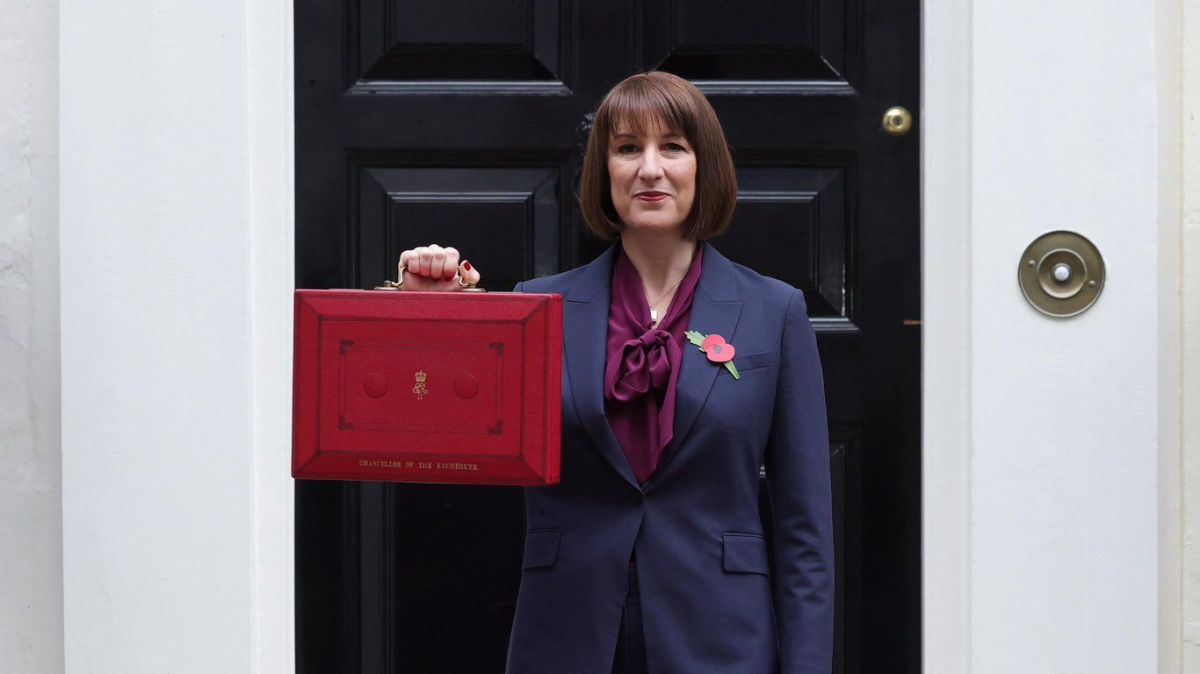According to the watchdog, the “very large” Budget package will increase economic pressures and widen the underlying deficit. While Ifac acknowledged positive aspects such as record employment and stable growth, it warned that these come with challenges, including worker shortages, difficulties in executing infrastructure projects, and rapid price increases in areas like rent and services.
Ifac stressed that “Ireland needs a more serious vision that addresses the economy’s needs without repeating the boom-and-bust cycle of the past.”
The council estimated the Budget to be €9.1 billion, with €6.9 billion allocated for permanent measures. It described the tax package as “effectively neutral,” as the €1.4 billion in tax cuts offset the revenue generated by individuals moving into higher tax brackets, along with the continuing impact of previous measures.
Spending measures amount to €6.9 billion, with the rest of the package dedicated to temporary cost-of-living supports. An increase in spending is partly due to projected budget overruns in 2024, which total €3.7 billion more than estimated in the previous budget. This includes €1.8 billion added to the public sector pay deal, €1.5 billion for health spending, and €800 million for capital projects.
Ifac pointed out that only about half of the government’s €2.1 billion in cost-of-living measures were targeted. It suggested that universal energy credits, VAT cuts on energy, and child benefit payments could have been more effectively targeted toward those in greater need at a lower cost.
Additionally, Ifac warned that the total package could be even larger when €3 billion in investments in the Land Development Agency, Uisce Éireann, and EirGrid are factored in. These amounts, Ifac said, “should be considered additional spending,” though they are not reflected in the budgetary figures.
The council also noted that the government has again exceeded its 5% spending rule, estimating a net spending increase of 9.2% for 2024 and 5.8% for 2025, far above the 5% limit. If the additional €3 billion in capital spending is included for 2025, the growth rate could rise to 8.8%.
Cumulative breaches of the spending rule since 2022 are significant, with Ifac projecting that the government could be €12.5 billion over what the rule would have allowed by 2025.
While recent large budget packages have put money back into people’s pockets, Ifac warned that this has come at the cost of rising prices. By breaching its spending rule, the government is expected to add €1,000 to the annual expenses of a typical household, a figure that Ifac suggests is likely underestimated.
The council also pointed out that the current surplus is largely due to a surge in corporation tax revenue and strong economic performance. If these trends were to reverse, Ireland could face a deficit of nearly €9 billion.















